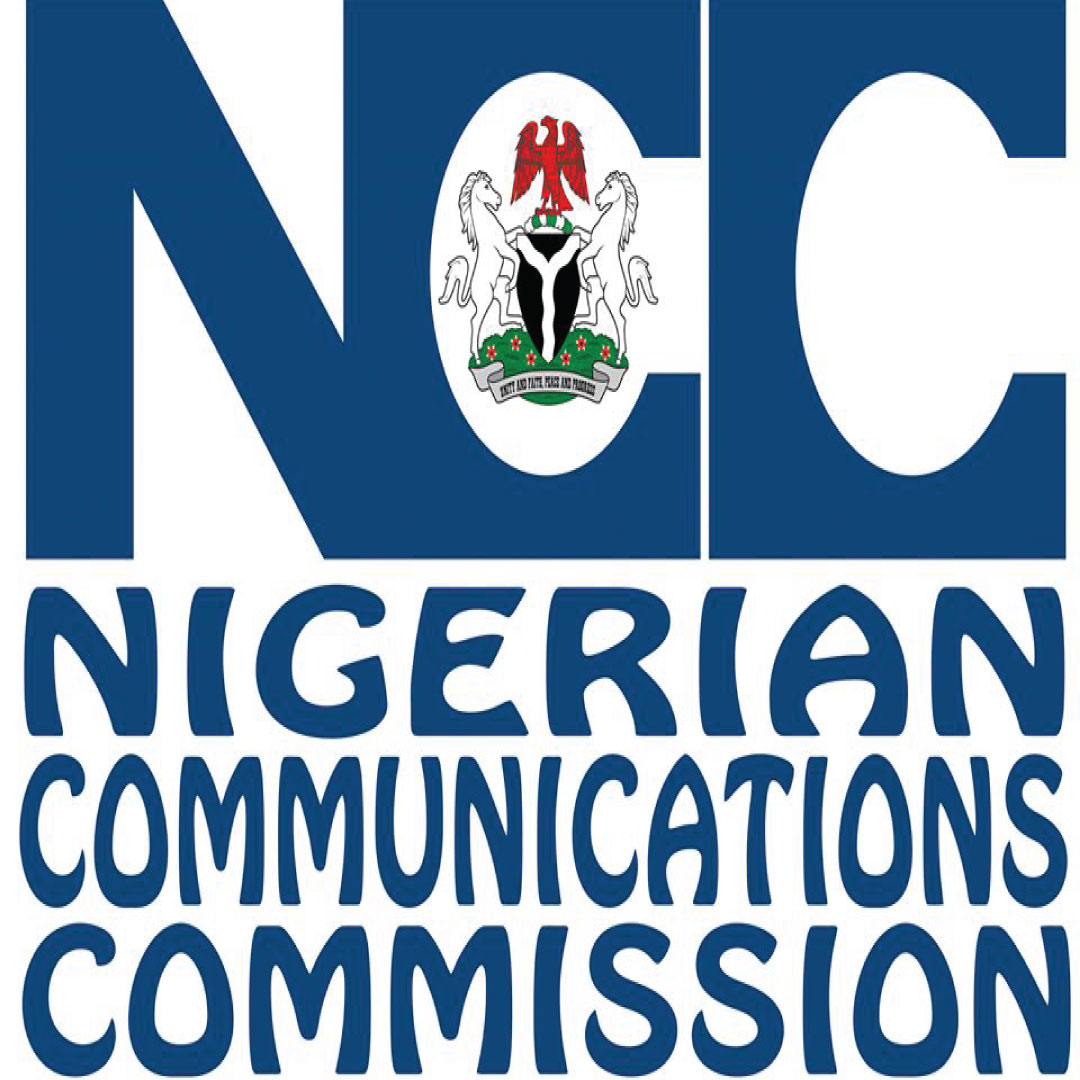The Nigerian Communications Commission (NCC) has made a fervent appeal for the complete exemption of excise duty on telecoms services.
This appeal comes amidst a realization that telecom services are not luxury commodities but essential utilities for over 220 million Nigerians.
The Executive Vice Chairman of the NCC, Prof. Umar Garba Danbatta, voiced this call at the Telecom Executives and Regulators Forum (TERF) organized by the Association of Telecommunications Companies of Nigeria (ATCON) in Lagos. He highlighted the burden faced by telecom operators due to approximately 46 different taxes levied on the sector by various government agencies, particularly at the state and local levels. These taxes not only create economic hardships for operators but also impact telecom subscribers in the country.
Read also: NCC applauds Swedish partnership for ICT in Nigeria
Challenges in the Tax Landscape
Prof. Danbatta recalled that when the federal government attempted to introduce a five percent excise duty on telecommunication services, they identified a staggering 41 levies, taxes, and charges already imposed on telecom companies in Nigeria. This number has since risen to 46, with some being imposed under different names. While President Bola Tinubu had suspended the five percent excise duty, it resurfaced in the Finance Act amended by the National Assembly.
The NCC’s stance is that telecommunication services should not only be suspended from the excise duty but should be entirely exempted. Excise duties typically apply to luxury items, whereas telecommunication services have become an integral part of daily life, affecting millions of Nigerians.
The President of ATCON, Mr. Tony Emoekpere, echoed these concerns. Multiple taxation is one of the major challenges faced by industry players. He urged the government to address these issues, as they hinder the growth of the telecom sector.
NCC encourages Nigeria telecom sector to embrace clean energy
Telecom Sector’s Impact on Nigeria’s GDP
Amidst these taxation challenges, the telecommunications sector continues to play a significant role in Nigeria’s economy. In the second quarter of 2023, the sector’s contribution to the nation’s Gross Domestic Product (GDP) reached an impressive 16 percent. This marks an increase from the 15 percent record achieved in the second quarter of 2022 and the 14.13 percent contribution in the first quarter of 2023.
Prof. Danbatta emphasized that this remarkable growth is the result of sustained regulatory excellence and operational efficiency by the NCC. Over the past two decades, the industry has seen substantial growth, positively impacting various sectors of the economy. Effective regulatory practices, supported by stakeholders, have been instrumental in this success.
While acknowledging barriers to broadband deployment, such as right of way (RoW) issues, fibre cuts, high capital requirements, multiple taxations, and regulations, Prof. Danbatta affirmed the NCC’s commitment to overcoming these challenges. He expressed confidence in achieving the 50 percent broadband penetration target by the end of 2023 and surpassing the 70 percent threshold set in the Nigerian National Broadband Plan (NNBP) by 2025.
The success of Nigeria’s digital aspirations goes beyond technological advancements. It is about transforming lives, driving economic growth, and maintaining competitiveness on the global stage. Prof. Danbatta encouraged all stakeholders to remain committed to building a brighter and more connected future for the country.
As the telecom sector continues to evolve and grow, addressing taxation issues and creating a conducive business environment are crucial steps in ensuring that the sector can fulfill its potential as a driver of economic development and technological innovation in Nigeria.




